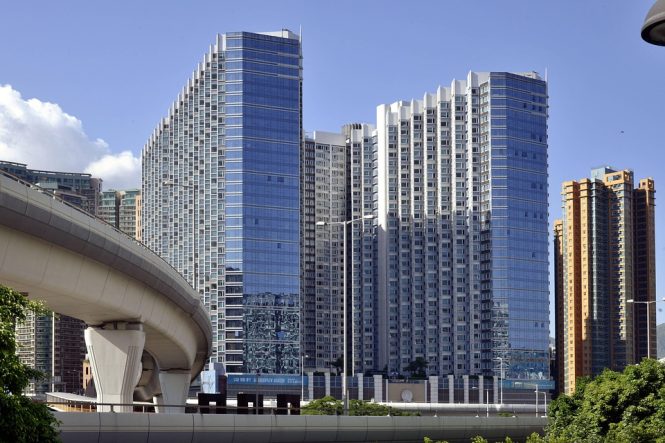
In recent years, the world has witnessed a transformative shift in the way people work. The advent of technology, coupled with the unprecedented challenges posed by the COVID-19 pandemic, has led to a swift rise in remote work. As organizations worldwide embrace flexible work policies, a new demographic has emerged: digital nomads. These globetrotting professionals are redefining the relationship between work and travel, prompting hotels to adapt their services to meet the demands of this dynamic community.
The Digital Nomad Phenomenon
Digital nomads are individuals who leverage technology to work remotely while exploring new destinations. This lifestyle offers unparalleled flexibility, allowing them to travel, experience different cultures, and live in vibrant locales—all while maintaining their careers. According to a report by MBO Partners, there are over 10 million digital nomads in the United States alone, and this number continues to grow as more people seek a better work-life balance and unconventional living arrangements.
A New Need for Amenities
As the demand for remote workspaces rises, hotels are starting to recognize the unique requirements of this new breed of traveler. Instead of merely offering comfortable rooms, many establishments are evolving to provide a comprehensive suite of services designed specifically for digital nomads. Here are some key elements of this transformation:
1. High-Speed Internet
Reliable and fast internet connectivity is the backbone of remote work. Understanding this priority, hotels are investing in robust Wi-Fi infrastructure that can handle multiple devices simultaneously, ensuring that guests can seamlessly connect to conference calls, upload presentations, and stay in touch with colleagues without interruption.
2. Flexible Workspaces
Gone are the days when guests had to work huddled on the bed or on a cramped desk. Many hotels are now incorporating dedicated workspaces within their facilities. These areas often feature ergonomic furniture, ample electrical outlets, and sometimes, even soundproof booths for privacy. Some hotels have even established co-working spaces that foster collaboration among like-minded travelers.
3. Extended Stays and Packages
Recognizing that digital nomads often prefer longer stays, hotels are offering extended stay options that include discounted rates for week-long or month-long visits. Packages may also include perks such as laundry services, kitchen amenities, and access to local attractions, allowing guests to settle in and truly feel like they belong.
4. Wellness and Leisure Amenities
Work-life balance is essential for preventing burnout, and hotels catering to digital nomads understand this need. Many establishments now provide wellness options, including fitness centers, yoga classes, and spa services. Additionally, social events like networking nights or skill-sharing workshops are becoming popular, enabling guests to connect with other professionals while enjoying their stay.
5. Local Experiences and Community Engagement
Hotels are also becoming more attuned to the idea that digital nomads seek authentic local experiences. Many hotels now partner with local businesses and tour operators to offer curated experiences, from cooking classes to guided city tours. This not only enhances the travel experience but also enables digital nomads to immerse themselves in their surroundings and build community ties.
The Future of Hospitality
As the line between work and leisure continues to blur, the hospitality industry is poised for a significant evolution. Hotels are no longer just places for rest; they are evolving into multifunctional spaces that emphasize productivity, community, and well-being.
While the rise of remote work has created some challenges—such as a potential decline in traditional business travel—hotels are rising to the occasion. By embracing the needs of digital nomads and adapting their services accordingly, hotels are not just surviving; they are thriving.
Conclusion
The rise of remote work is shaping the future of the travel and hospitality industry in unprecedented ways. As more professionals choose to live a nomadic lifestyle, hotels that cater to this new demand will lead the charge in redefining what it means to work remotely. From flexible workspaces to community engagement, the partnerships between hotels and digital nomads are set to evolve, creating a win-win scenario for both parties. As this trend continues to grow, the global landscape of work and travel will forever be transformed, marking a new era in both fields.